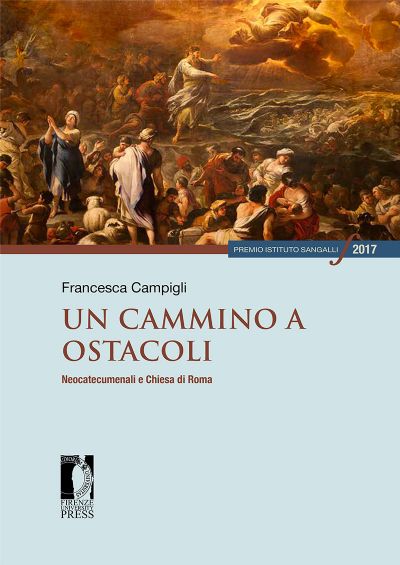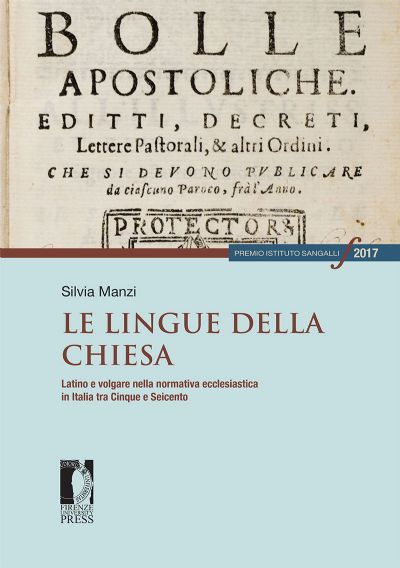Here are the results of the ‘Young Scholars Florence Fellowships 2020’
15th January-30th June / 15th September-15th December 2020
Amy Birkan (Hebrew University of Jerusalem – Israele)
‘Inducing Acts in Rabbinic Law and Comparative Legal Theory’
Katherine Tycz (University of Cambridge, St Catharine’s College – Gran Bretagna)
‘Printed Prayers and Domestic Devotions in Renaissance Italy’
Lidia Luisa Zanetti Domingues (University of Oxford, St Cross College – Gran Bretagna)
‘The Place of God and the Place of the Commune: Changing Attitudes Towards the Death Penalty in the Italian City-States, ca. 1260-1360’
The Scientific Direction of our Institute has appreciated and very positively valued all the numerous applications received and, after a careful and in-depth assessment, has chosen the three above-mentioned winners, who are indicated in strictly alphabetical order. The non-selected candidates can obviously apply for the next fellowships call.


